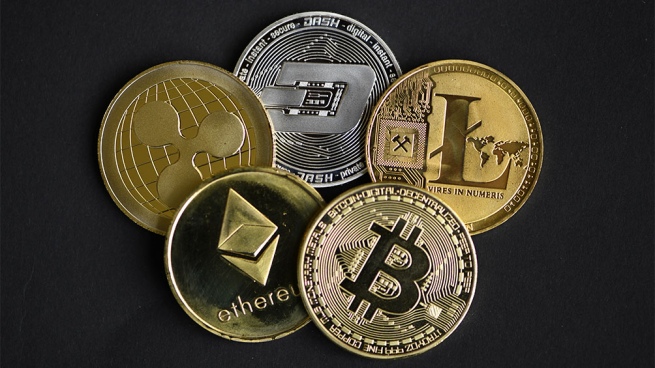The Central Bank of the Argentine Republic (BCRA) ordered this Thursday that “financial entities may not carry out or facilitate their clients to carry out operations with digital assets, including crypto assets and those whose returns are determined based on the variations that those register, that are not regulated by national authority and authorized” by the monetary agency.
In a statement, the entity indicated that “The measure ordered by the Board of Directors of the BCRA seeks to mitigate the risks associated with operations with these assets that could be generated for users of financial services and for the financial system as a whole”.
“The BCRA recalled that the activity of financial entities must be aimed at financing investment, production, marketing, consumption of goods and services required by both domestic demand and export,” the statement said.
Later, the agency emphasized that “The different actors involved in the operations with these assets may not be established in the country, which could generate deviations from the general regulations”.
In May 2021, the Central Bank of the Argentine Republic and the National Securities Commission (CNV) published an alert in order to provide information on possible implications and risks that crypto assets may entail, as well as recommend a prudent attitude in order to mitigate a possible source of vulnerability for users and investors.
In that publication, it was highlighted that “crypto assets can be defined as a digital representation of value or rights that are transferred and stored electronically using Distributed Ledger Technology (DLT) or other similar technology.”
“In addition, some of the risks associated with this type of operation were mentioned: their high volatilitythe risks associated with operational disruptions and cyber attacksto the money laundering/terrorism financing and to potential non-compliance with foreign exchange regulationsto the absence of safeguards and complete information that the current regulation provides for users of financial services and the cross-border nature of the operations,” concluded the BCRA.
The Central Bank’s statement came after Banco Galicia launched this week a service for buying and selling cryptocurrencies to its customers through its homebanking.
The service, they assured from Galicia, sought to respond to the requests of its clients, of which “more than 60% want to incorporate these assets into their investment portfolio, with the youngest public being the one that most demands them.”
The measure of the Central would force the bank to back down with the proposal that it had reserved only for its clients with a moderate or risky investor profile.
“We are waiting for the regulations to come out from the BCRA to analyze it in detail. No client who has operated with crypto assets in Banco Galicia will lose money,” bank sources assured Télam.


















